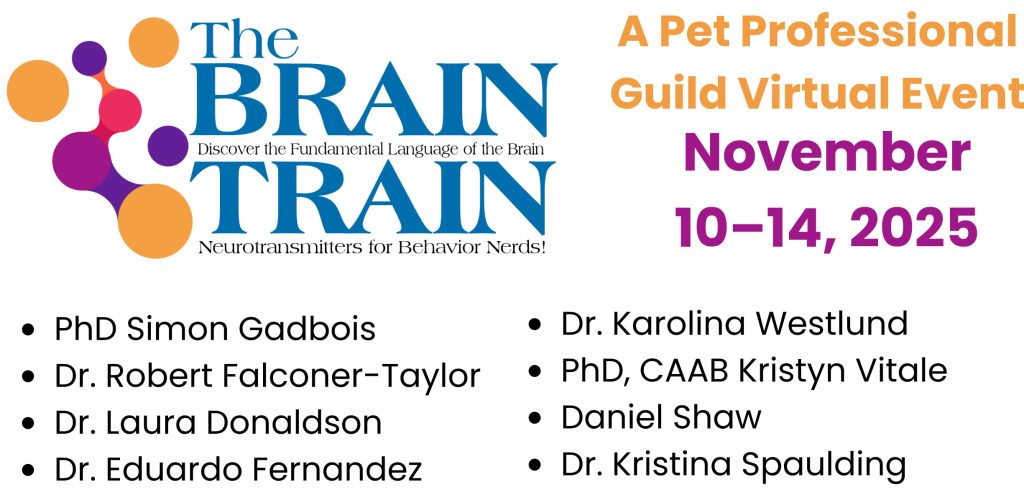Massachusetts H.2342 – Letter Template
Please email this letter to the identified contacts and express your support for the Massachusetts H.2342 bill.
If you live in Massachusetts, please don’t hesitate to contact your representative directly.
Contacts
Chair, Aaron Michlewitz; [email protected]
Vice Chair, Ann-Margaret Ferrante; [email protected]
Assistant Vice Chair, Kip A. Diggs; [email protected]
Sample Text to Send
Here is a template letter to use and personalize (please use your own words):
Dear Chair Michlewitz, Vice Chair Ferrante, and Assistant Vice Chair Diggs,
I am writing to respectfully urge you to SUPPORT House Bill 2342, “An Act Relative to Dangerous Dogs,” which is currently before the House Committee on Ways and Means.
As a [Massachusetts resident / professional dog trainer / concerned dog owner], I am impressed by the provisions in this bill that will help ensure that dogs are given the opportunity to learn coping skills, and thereby make communities safer. This bill works to help families solve the underlying emotional and behavioral problems of dogs rather than apply a quick, superficial “fix” that can exacerbate fearful, defensive, dangerous behavior.
To that end, this bill would restrict behavior modification plans to evidence-based methodology and prohibit the use of aversive tools such as prong collars, choke chains, and electronic collars, which are against the recommendations of the scientific community.
Competent, qualified dog training professionals do not require the use of these tools in order to help prevent behaviors like aggression and predation. In fact, the use of aversive stimuli is contraindicated in pets with aggression (Casey, 2014). With prong collars, choke chains, and electronic collars, the unwanted behavior may only be suppressed rather than extinguished, and may thus resurface at any time, without warning, generally in a more severe display of aggression.
On the other hand, working with a veterinarian, behaviorist, or trainer, families and their dogs can learn skills that positively impact the pet’s emotions from a state of fear and/or anxiety to feeling more relaxed. Rather than using coercive tools designed to inflict pain, fear, and intimidation to suppress behavior, desensitization and counterconditioning techniques are ethical and effective protocols (Dinwoodie, 2021 )to treat aggression in pets. Comfortable dogs who trust their environment and the people in it are less likely to react in a dangerous manner, and are safer at home and in the community. This bill sets a safety baseline for dogs and their families.
The bill would remove the use of harmful options by trainers who lack the skills to affect behavior without using aversive tools and protect owners who are unaware of the potential fallout from these tools. Truly helping (not hurting) dogs at risk of resorting to dangerous behaviors provides the ability to protect public safety.
Equally important is the bill’s requirement that all behavior plans conform to the principles of expert veterinary behavior organizations. In an unregulated industry (dog training and behavior consulting), these trusted organizations would provide guidance for evidence-based, humane, and effective practices for use by qualified, competent professionals.
Dog behavior is complex and varied, yet we are learning more every day. Today, we know that approaches to dog bite prevention that include harmful tools and confrontational training philosophies put both dogs and communities at risk.
This bill is a chance for Massachusetts to lead the way! Please protect the safety of professionals, dog owners, their communities, and the dogs themselves by supporting HB 2342.
Thank you for your time and your public service.
Sincerely,
[Your Full Name]
[Your Town or City, MA]
[Your Contact Info (optional)]
[Professional Credentials or Affiliation, if applicable]
References:
Casey et al. Casey, Rachel A., Bethany Loftus, Christine Bolster, Gemma J. Richards, and Emily J. Blackwell. “Human directed aggression in domestic dogs (Canis familiaris): Occurrence in different contexts and risk factors.” Applied Animal Behaviour Science 152 (2014): 52-63.
Dinwoodie, Ian R., Zottola, Vivian, Dodman, and Nicholas H. “An investigation into the effectiveness of various professionals and behavior modification programs, with or without medication, for the treatment of canine aggression.” Journal of Veterinary Behavior 43 (2021): 46-53
Downloading Resources
PDF files:
Click on the pop-out icon ( ) in the top-right corner of the resource to open it in Google Drive. Click the download icon ( ) in the upper right-hand corner of the Google Drive page to save the resource to your computer.
Images and graphics:
Right click on the image or graphic then choose "Save image as ..." from the drop-down menu to save the resource to your computer.
Videos:
Click on ![]() in the video's menu bar to download and share the video from the Vimeo website.
in the video's menu bar to download and share the video from the Vimeo website.

